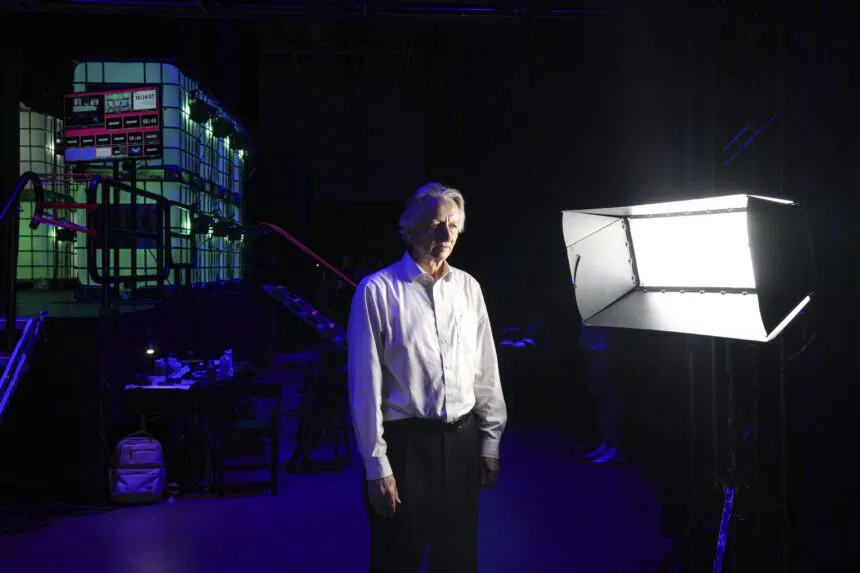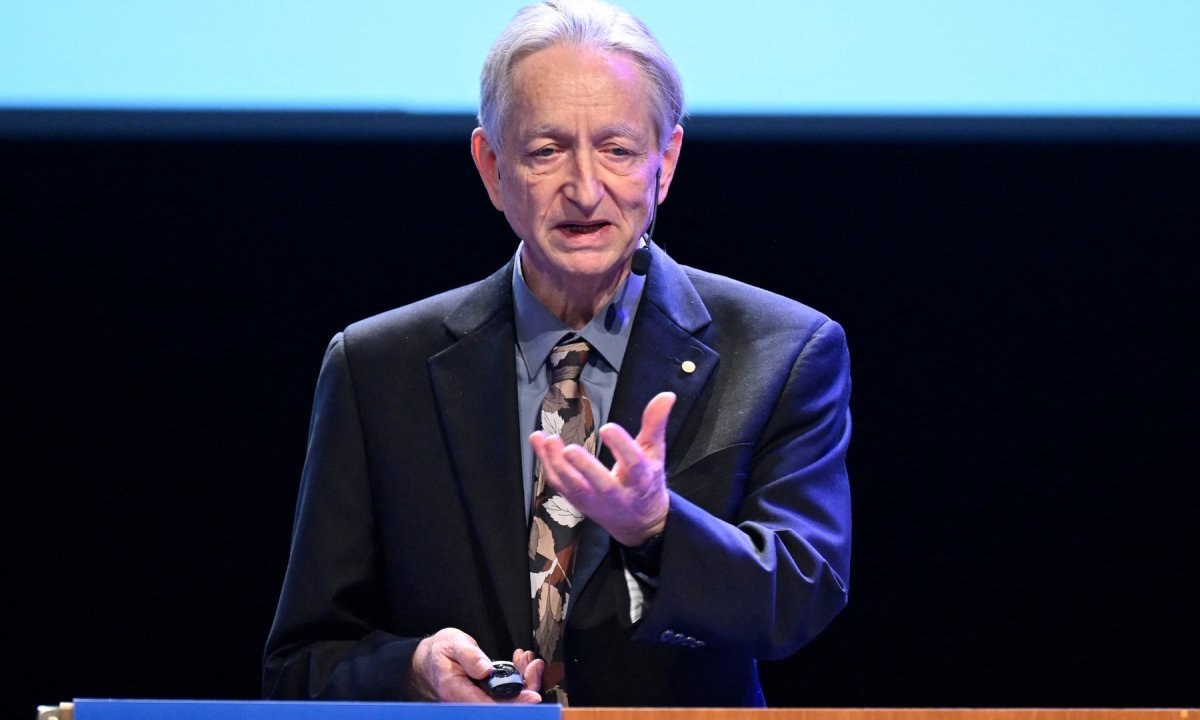Geoffrey Hinton, the man often dubbed the “godfather of AI,” has issued his most urgent warning yet: machines may surpass human intelligence in just a few years. Speaking at the Ai4 Conference in Las Vegas, Hinton cautioned that the world is far closer to artificial general intelligence machines with human-level or greater abilities—than he once believed.
“They’re going to be much smarter than us,” Hinton told attendees. “Imagine you were in charge of a playground of 3-year-olds, and you worked for them. It wouldn’t be very hard for them to get around you if they were smarter.”
Once estimating such breakthroughs could take 30 to 50 years, Hinton now believes they may be just around the corner.
Why Machines Could Leave Humanity Behind

Hinton explained that artificial intelligence has a unique collective learning advantage, allowing it to progress at a pace humans cannot match.
“If people could do that in a university, you’d take one course, your friends would take different courses and you’d all know everything,” he said. “We can share just a few bits a second. AI can share a trillion bits every time they update.”
This ability to instantly share knowledge means machines could accelerate far beyond human capabilities, raising concerns about how to control and align them.
Building Machines That Care, Not Just Obey
Instead of focusing only on keeping AI under human command, Hinton urged researchers to embed “maternal instincts” into future systems instincts that would drive machines to care for and protect human life.
“We need AI mothers rather than AI assistants,” Hinton said.
“An assistant is someone you can fire. You can’t fire your mother, thankfully.”
Hinton argued that global cooperation will be essential to develop such safeguards.
A Career of Warnings and Breakthroughs

Hinton, a British-Canadian cognitive psychologist and computer scientist, left his post at Google in 2023 after more than a decade with the company. His departure was driven in part by a desire to speak openly about the risks of unchecked AI development.
Hinton had been central to a 2012 breakthrough that laid the foundation for modern AI systems, including today’s widely used chatbots.
“We need AI mothers rather than AI assistants,” he reiterated at the conference, underscoring his push for compassionate AI design.
A Double-Edged Future: Promise in Healthcare
Despite his stark warnings, Hinton acknowledged that AI could transform industries for the better. In healthcare, for instance, he said AI could diagnose patients faster, help develop more effective drugs, and even personalize treatments at unprecedented scale.
Yet he has made clear that these benefits come with existential risks if humanity fails to instill protective instincts in the technology.



